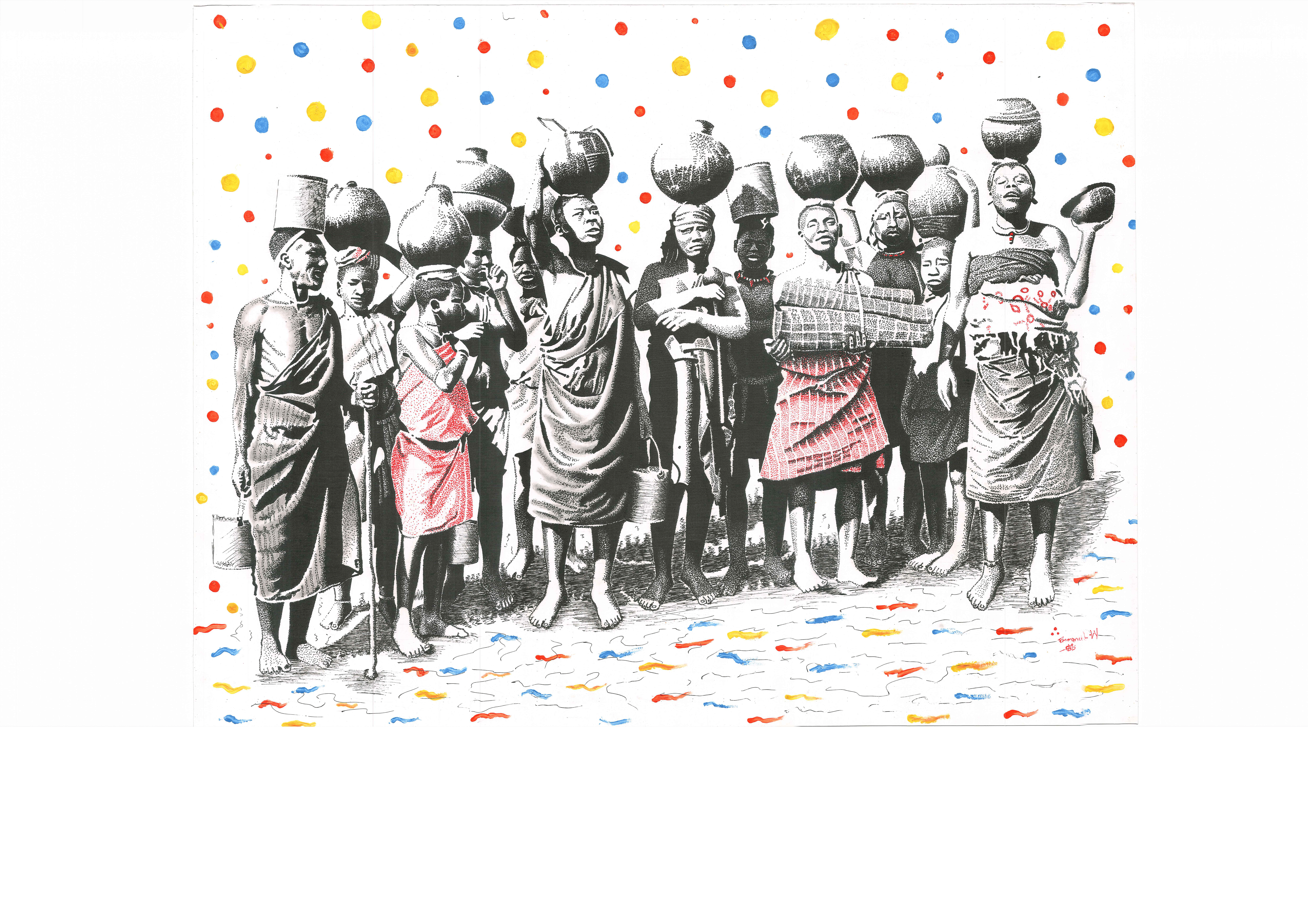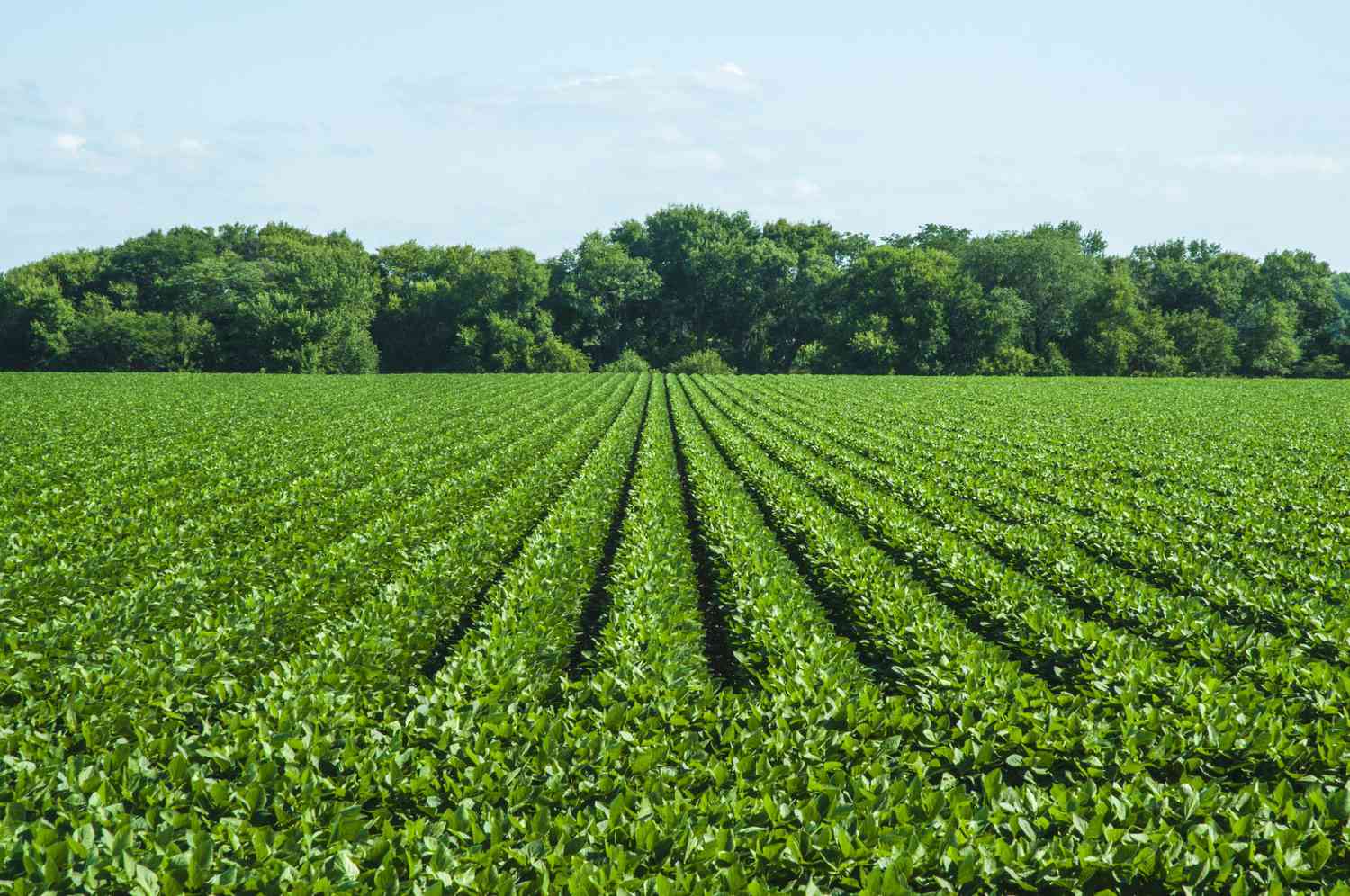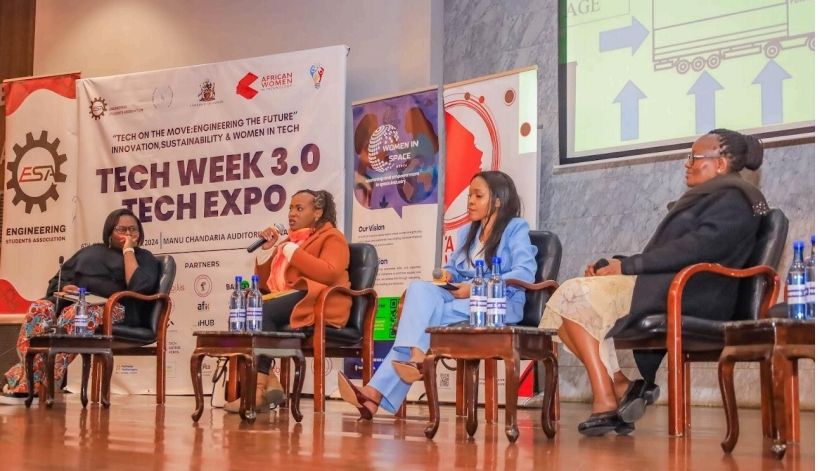Gender Dynamics PreCOP28: Call for Collective Synergy and Inclusivity to Combat Climate Change
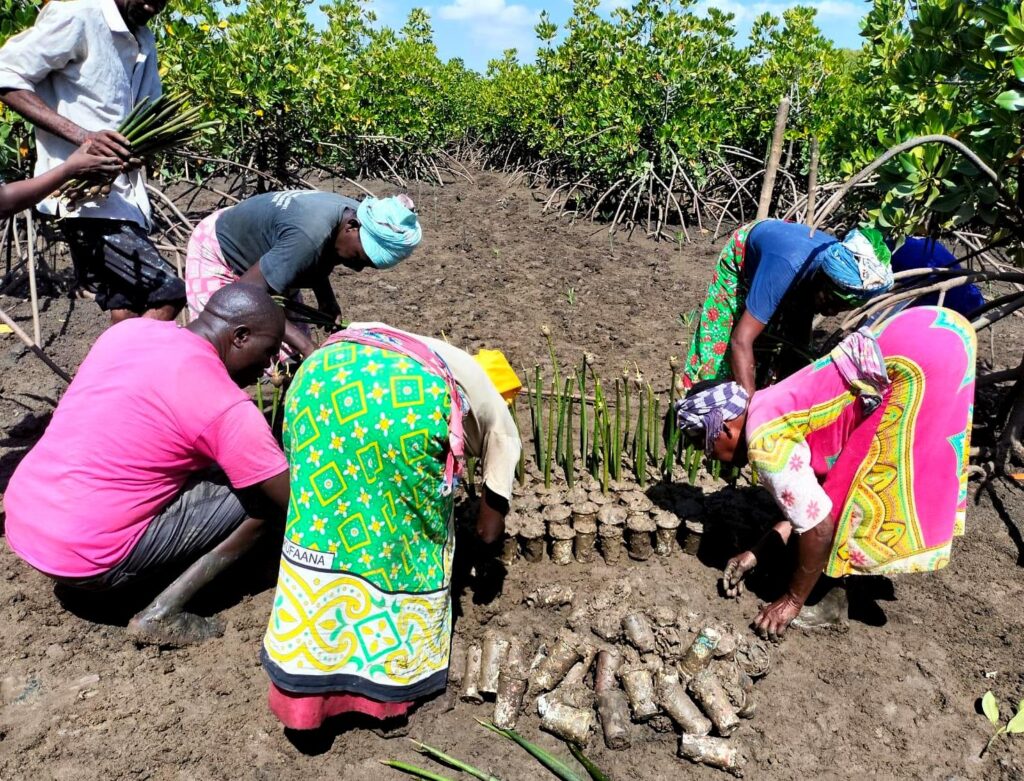
By Kenn Osoro
A proud young woman, and a passionate feminist who is adamant in engaging women, youth, and marginalized groups with a zeal to amplify their voices. Purity Jebor’s dedication aligns with the Young Women’s Christian Association’s inclusivity approach in climate change discussions.
In a virtual platform that had a diverse composition, Jebor who is the youth coordinator in the Collaborative Center for Gender and Development, was devoted to championing for more women to be incorporated in such mitigation and adaptation discussions.
This is even as the call for inclusivity intensifies ahead of the 28th session of the conference of parties.
Jebor likely considers that preparing women to amplify their voices in a bid to influence policies and decision-making processes would be an ultimate success.
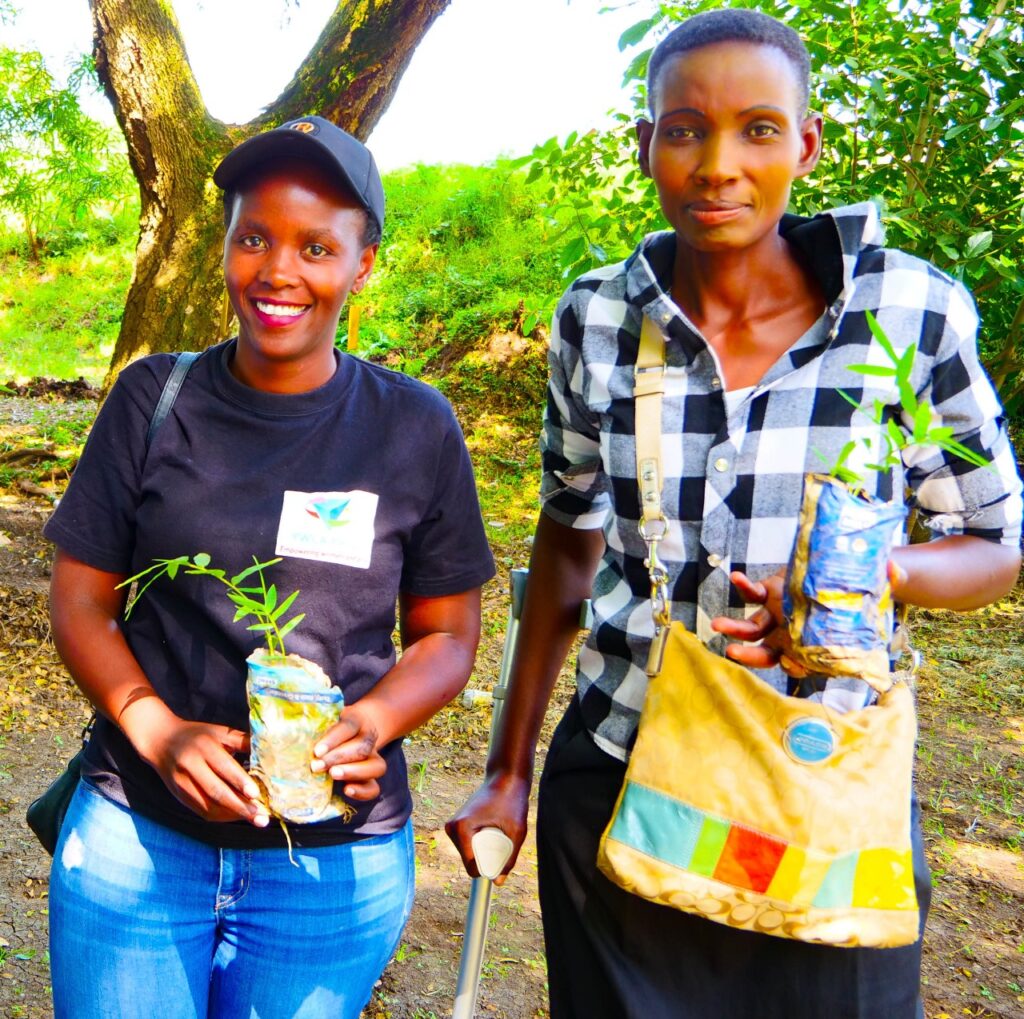
Going by the United Nations (UN) figures which indicate that 80 percent of people displaced by climate change are women, the soft-spoken climate change championist averred that women are more likely than men to be affected.
“Women account for more than 50 percent of Africa’s combined population. Their roles as primary caregivers and providers of food and fuel make them more vulnerable when flooding and drought occur.”
YWCA has enabled more women to be negotiators, and decision makers before the conference of parties. They are constantly looking forward to ensuring young women are accorded an equal space to thrive aided by the already existing resources.
As long as it may still seem to be, the amazing impact brought by the organization was well-lauded by the majority of the participants in the virtual event held on the 20th of November, 2023.
Speaking during the virtual event, despite the tremendous gains, Jebor was however a bit reluctant to the conditions and repercussions that come with incorporating women in climate change discussions.
“It is highly unlikely that women are not that flexible enough to join conversations scheduled quite early in the morning due to various reasons related to chores.” She hesitantly noted while calling on the organizers of COP28 to be considerate and mindful of time.
In profound desperation, she denounced that during the Africa Climate Summit, where critical decisions were being made in the dealer rooms, it was evident that women were less considered.
“At what time will women be in the negotiation discussion, engage in research, and attend public participation on climate change mitigation measures if they are ever constantly hit hard by climate change?” She asked.
The unprecedented impact of climate change is a global menace that requires a collective synergy and an all-inclusive approach to mitigation and adaptation.
Numbers have it, that approximately 3.3 to 3.6 billion people are highly vulnerable to climate change as captured by the World Metrological Organization, 2023. The report also shows that close to 1.3 billion women are languishing in poverty as a result of climate change.
In a self-deluded world brought about by what she termed the exclusion of women and minority groups in decision-making, Jebor is, however, hopeful that the effects of climate change will be eradicated during the long-awaited conference of parties after interventions.
Kenya has over the past years been so committed to climate change. At the time the former president Uhuru Kenyatta was transitioning, Kenya was appointed by the African Union (AU) to be the lead champion on Climate Change in Africa.
It hosted the first Africa Climate Summit and Africa Climate Week, in 2023 as a commitment to combating climate change.
This followed a National Action Plan on Climate Change of 2018-2022. The plan had set aside milestones that were to be adopted and met at the time.
There also existed a Disaster Risk Management Action Plan that outlined issues related to food and nutrition security, management of disaster-related risks, forestry, wildlife and tourism, health sanitation, human settlement, water, and blue economy, manufacturing energy, and transport.
All these mitigation management plans were set to combat the effects of climate change especially on women, youth, and minority groups. There is, however, a call for review, amendment, and more proposals.
During President William Ruto’s 2022 Jamhuri Day speech, at the time, he stated a need to implement a ten years 15 billion tree planting plan. This plan would see every Kenyan plant 30 trees annually in a decade.

A national tree-growing restoration campaign circular, dated 21st December 2022, was then forwarded to all relevant ministries, principal secretaries, and departments.
In this circular, all Ministries, Departments, and Agencies were directed to designate funds and any other resources to support the initiative. The circular also noted that by 2032 Kenya targeted 15 billion trees planted.
This has seen an ultimate success after the set-aside tree planting holiday on 13th November 2023.
In line with this vision, the YWCA has always been on a move to incorporate youth, women, indigenous communities, and marginalized groups to be part of climate change discussions.
This is occasioned by the robust engagement of the already-mentioned groups in climate adaptation and mitigation.
There is a need for young people to be at the core of this discussion especially on tree planting more so in arid and semi-arid areas.
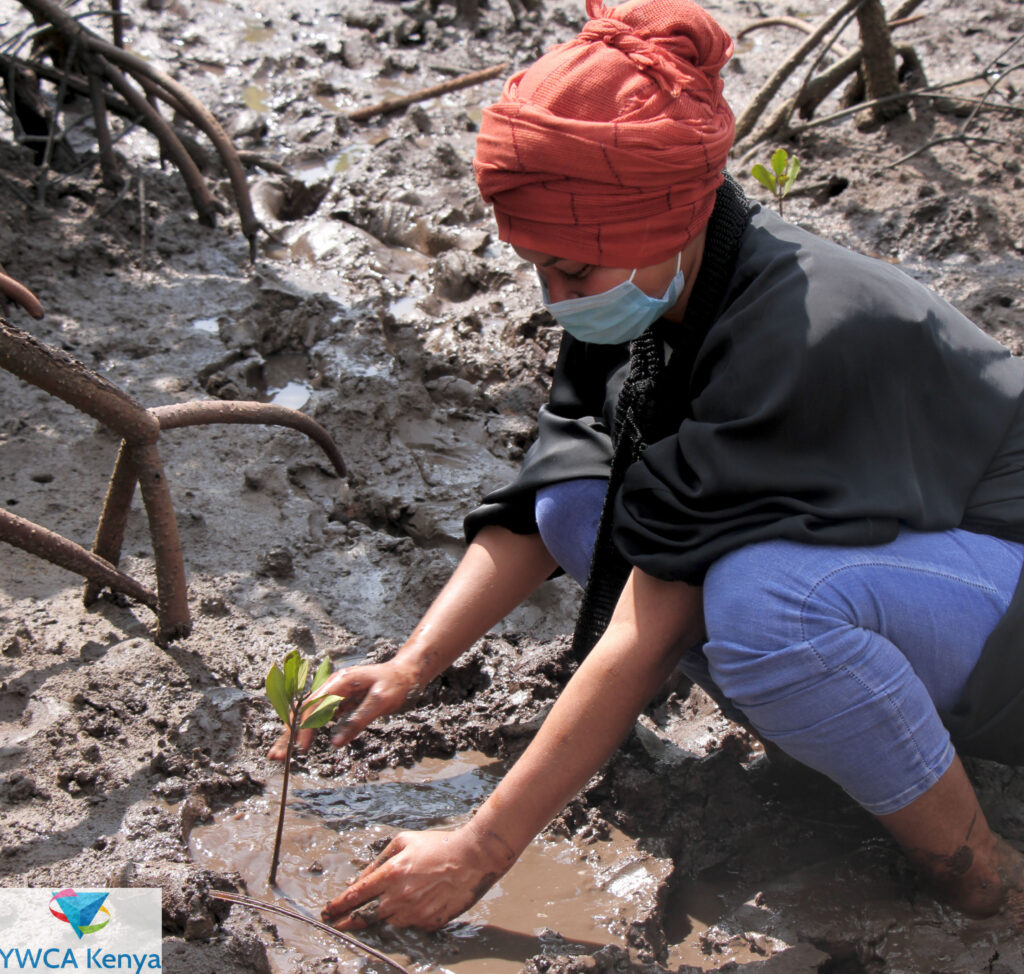
“Tree planting should not only be done on wetland areas, rural and urban areas but also ASAL areas since they are the most affected especially women living in those areas,” Jebor said while giving her closing remarks during her maiden speech.
The YWCA of Kenya is among the global network of women leading social and economic change in 125 countries affiliated with the world YWCA.
The last virtual advocacy conducted on 20th November 2023, was geared towards climate change and social inequalities.

